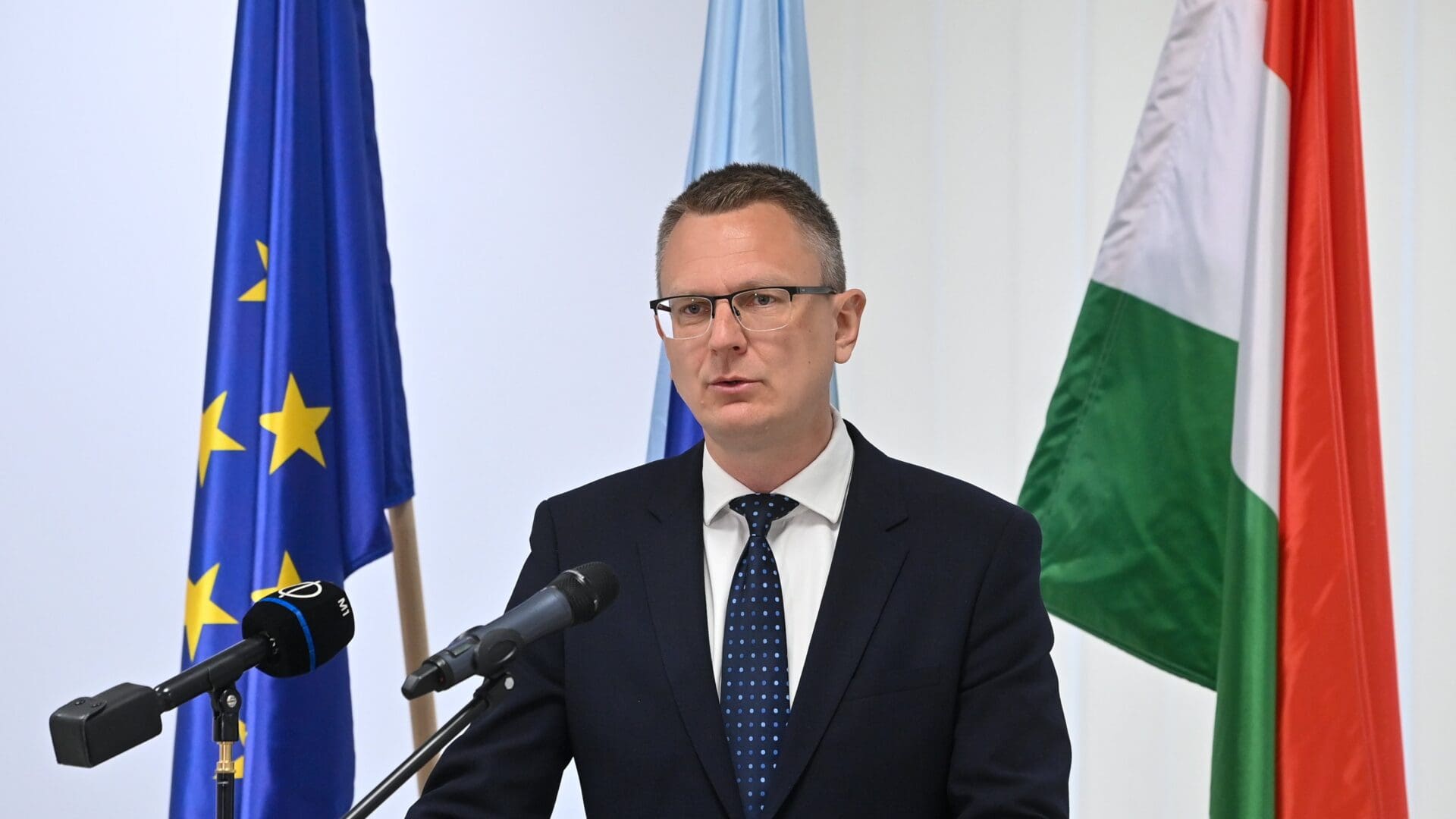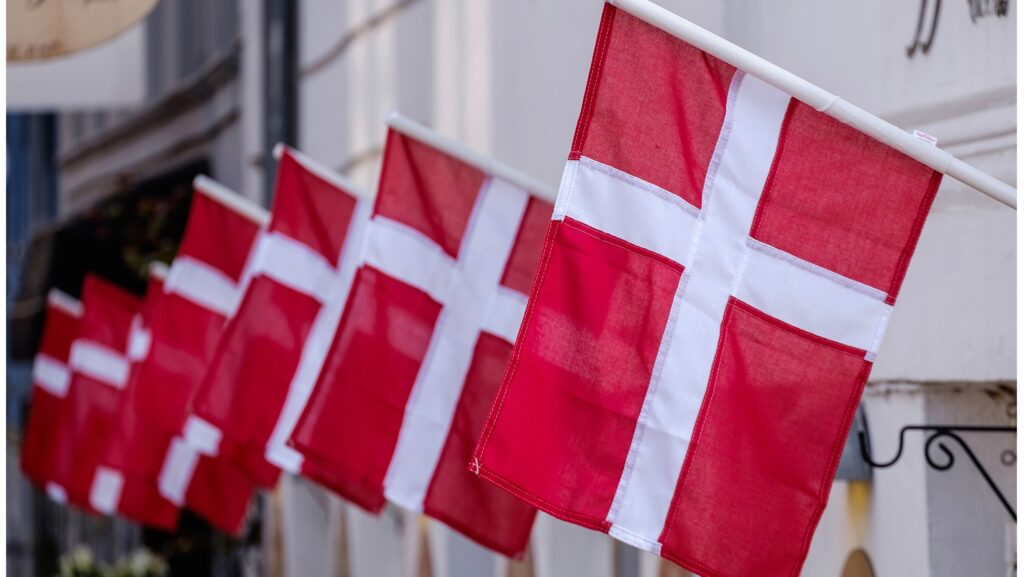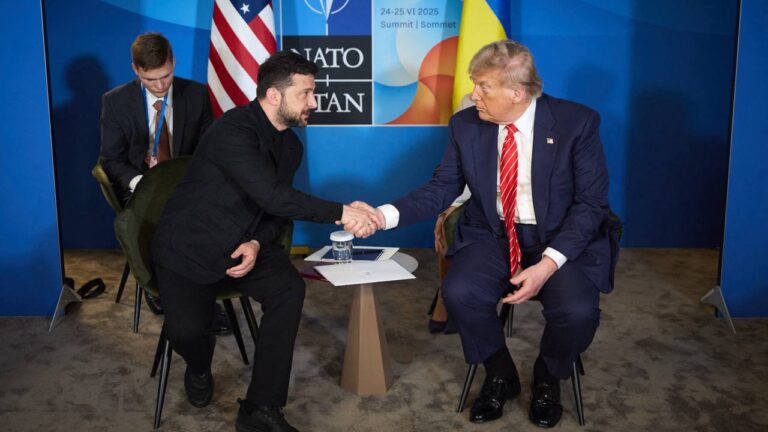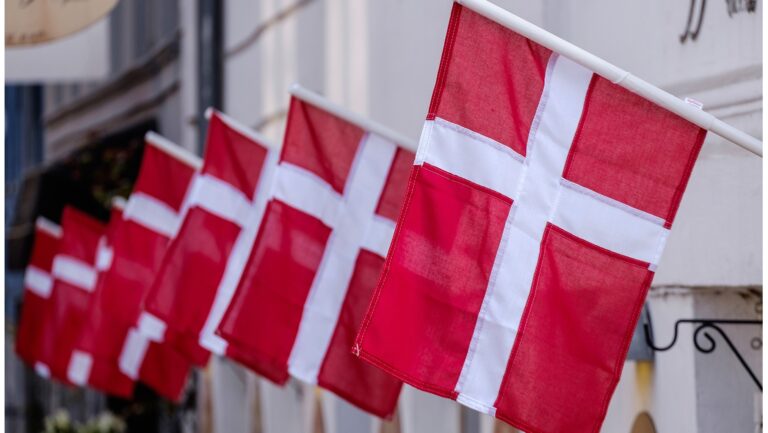The European Union puts huge amounts of money in the pockets of organised crime and human smugglers indirectly, and ultimately this weakened public security has to be paid for twice, Minister of State for Parliamentary Affairs Bence Rétvári said on Thursday, 11 May on public M1 television news channel.
Rétvári argued that the EU pays twice for the price of a wrong decision that says that masses can come illegally to Europe. Those arriving on the Balkan route pay 2.2 million forints per person to be taken from Turkey to Serbia, 1.1 million from Serbia to Austria, and a total of 5.2 million forints for a journey from Turkey to Germany to human smugglers. Therefore, the transportation fee for a small bus or truck carrying twenty people is already a huge amount, the politician stated. He added that groups previously engaged in drug trafficking or illegal arms trading have now switched to this activity. Illegal migrants usually have little money with them because they use the hawala system, which can be described as a trust-based payment method. They deposit the full amount at the start, which the human smugglers can access in instalments after reaching each station o the route, Rétvári explained.
Last year, 271,000 migrants were turned back from the southern Hungarian border alone. According to Frontex data, 330,000 illegal migrants arrived in Europe last year, based on which the revenue of human smugglers could have reached 1,7 trillion forints, Bence Rétvári emphasised. He pointed out that these immense amount of money strengthen organised crime both in the Balkans and Western Europe. Therefore, the arrival of illegal migrants does not only put a strain on the welfare systems of EU countries but also results in deteriorating public security because of the more intense organised crime activities. So, ironically, while the European Union indirectly helps criminal organisations earn more money, it then incurs high costs to restore the deteriorated public security, the minister nailed down.
Bence Rétvári also pointed out in the programme ‘Good Morning, Hungary!’ on public Kossuth radio that Brussels leaders and the politicians of large European powers have been supporting migration for eight years, despite the continued signals by border countries that combating illegal migration entails huge costs. The EU does not contribute to covering these costs, and with its statements, it even encourages migration, said the minister. He recalled that In February, fifteen, mainly border countries adopted a joint statement in Athens demanding that the European Union pay for the costs of physical border protection. They called for equal contributions to the establishment and maintenance of border protection, Rétvári reminded, adding that Brussels so far has remained ‘completely deaf’ to these calls for help.
Read more:








